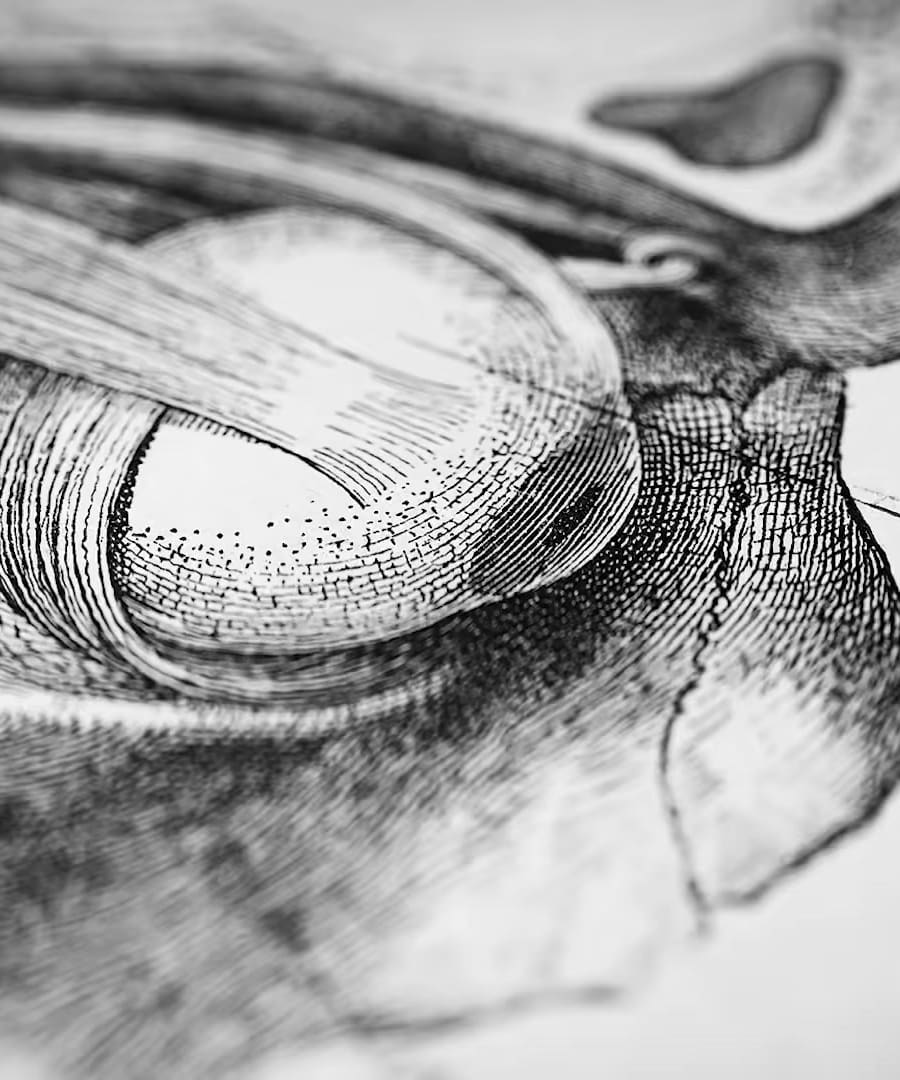I have flu or cold. Is it ok to still do cold showers first thing in the morning?
Sources:
advises against deliberate cold exposure such as cold showers or ice baths if you are feeling unwell due to a cold, flu or other form of virus or bacterial infection. He recommends staying out of cold exposure and opting for warmer practices such as hot baths or showers instead. However, if you are just feeling a little rundown, a hot shower followed by rest is probably the best advice. It is essential to avoid deliberate cold exposure if you're already ill to prevent exacerbating the condition 1.
So if you are currently experiencing symptoms of flu or a cold, it would be advisable to skip the cold showers and allow your body to focus on recovery using warmth and rest.
RELATED QUESTIONSWhat are the benefits of hot showers for colds and flu?
Sources:
Hot showers can offer various benefits when dealing with colds and flu. According to :
- Hot showers can rehydrate nasal and oral passages after exposure to cold air, potentially reducing susceptibility to colds and flu.
- Heating up the body after being outside in the cold can be beneficial for maintaining core body temperature, which is related to susceptibility to cold and flu.
- Fevers, a natural immune response to infection, aim to heat up and destroy viruses. Therefore, warming the body through hot showers might support a similar mechanism.
- Taking a hot shower and resting when you start to feel run down can support the function of your innate immune system and prevent further sickness.
Keep in mind that if you are feeling general malaise or early symptoms of an illness, it's usually best to rest, rehydrate, and keep warm rather than engaging in physical stressors like cold exposure 1 2.
RELATED QUESTIONSList clips similar to "Deliberate Cold Exposure"
Sources:
Here are some clips discussing the topic of "Deliberate Cold Exposure" similar to the original:
-
Cold Exposure Benefits: talks about deliberate cold exposure for building mental resilience and its effect on dopamine release, explaining how it can be used as a stressor to build mental toughness. The release of dopamine in response to cold exposure provides benefits like feeling energized and focused 1.
-
Cold Exposure Benefits: The effects of deliberate cold exposure on metabolism and the conversion of white fat cells to thermogenic beige or brown fat cells are discussed. Cold exposure can also reduce inflammation post-exercise and generally 2.
-
Deliberate Cold Exposure: explains how cold exposure increases norepinephrine and epinephrine, which can be leveraged to systematically build resilience and maintain mental clarity during stress 3.
-
Cold Exposure Benefits: The clip discusses the increase in core metabolism and conversion of white fat to beige and brown fat through deliberate cold exposure, highlighting its role in increasing metabolism and combatting stress 4.
-
Deliberate Cold Exposure: The importance of deliberate action and mindset when exposing oneself to cold to extract benefits is highlighted, alongside the distinction between placebo effects and mindset effects 5.
-
Deliberate Cold Exposure: The episode opens with an overview of deliberate cold exposure for health and performance, promising explanation of specific protocols and safety considerations 6.
-
Cold Exposure Benefits: Here, the potent way that deliberate cold exposure can increase dopamine and catecholamines is mentioned, which translates to mood elevation and an increase in mental acuity without significant increases in the stress hormone cortisol 7.
-
Cold Exposure Benefits: Deliberate cold exposure is discussed in terms of improving mental performance, resilience, mood, and cognitive attention. Specific protocols that can be used to become more resilient through the use of deliberate cold exposure are promised 8.
RELATED QUESTIONS-
are there any benefits of taking GABA pills or is it better to reinforce your brain naturally?
Sources:
GABA (gamma-aminobutyric acid) is a major inhibitory neurotransmitter in the brain, often likened to a naturally occurring sedative. In a conversation about sleep benefits, describes a study in which the sleep benefits of kiwi fruit were mediated by the brain's natural GABA system. This implies that certain foods can influence the GABA system in a way that improves sleep, acting similarly to the effect one might seek from GABA pills. Walker notes that the kiwi fruit's impact on sleep was blocked using a GABA blocking agent in an animal model, suggesting the fruit's sleep benefits are linked to the GABA system.
reflects on the idea that the effectiveness of something, whether it be a whole fruit like kiwi or a derivative, depends on the molecular compound and its mechanism. If a food or nutrient has an influence via the GABA system and can be methodically traced, it provides a grounded rationale for its sleep benefits. The implication is that there may be natural ways to influence the GABA system, which could be preferable for some individuals over taking GABA pills. This discussion suggests that consuming certain foods may be a more nuanced and natural method of supporting the GABA system and improving sleep 1.
As the conversation primarily focused on the natural influences on GABA related to sleep improvements, specific risks or comparative disadvantages of taking GABA supplements were not discussed in this particular clip. Therefore, while reinforcing the brain naturally via diet is suggested as beneficial, the full context of taking GABA pills versus natural reinforcement was not fully explored. It is generally advised to consult with a healthcare provider to understand the potential benefits, risks, or necessity for supplementation based on individual health needs.
RELATED QUESTIONSList foods that are known to influence GABA levels naturally.
Sources:
Certain foods are known to naturally influence GABA levels, as discussed in the :
- The ketogenic diet has been mentioned to increase GABA transmission. This is leveraged medically to treat pediatric epilepsy by shifting brain metabolism to predominantly ketone metabolism, which modulates GABA and reduces seizures. It can also benefit people with major depressive disorders who are refractory to classical antidepressants 1.
While the ketogenic diet specifically was mentioned in connection to GABA transmission, other foods that are not as directly connected to GABA but influence serotonin, which has an interplay with GABA, include:
- Foods rich in tryptophan that can lead to net increases in serotonin in the brain and body, potentially impacting overall mood and well-being. Foods like milk (especially whole milk), canned tuna, turkey, oats, cheese, nuts, seeds, bread, chocolate, and certain fruits like bananas and apples are good sources of tryptophan 2.
Moreover, eating in general has been noted to influence neurotransmitters:
- Starchy carbohydrates, white meats such as turkey, some fish, meats, nuts, and potentially other plant-based foods can affect neurotransmitters like serotonin, dopamine, norepinephrine, and epinephrine, which can influence states of wakefulness and calmness 3.
Lastly, while not strictly speaking about GABA, the sleep benefits of kiwi fruit have been discussed due to its possible mediation through the brain's inhibitory neurotransmitter system, the GABA system 4.
Keep in mind that these foods may influence neurotransmitter systems and thereby have an indirect effect on GABA levels, and the strength of these effects can vary by individual. Always consult with a healthcare provider before making significant dietary changes, especially if the goal is to manage a health condition.
RELATED QUESTIONSTell me more about the ketogenic diet and its effects on the brain.
Sources:
The ketogenic diet is known to have various effects on the brain, which are explored in-depth on the . Here are some key points:
-
Epilepsy Treatment: The ketogenic diet was developed as a medical intervention, particularly for pediatric epilepsy. It helps reduce the number of epileptic seizures by shifting brain metabolism from glucose to ketone metabolism and increasing GABA transmission, which is inhibitory in nature. GABA's increased tonic levels help suppress the hyperexcitability characteristic of epilepsy 1.
-
Ketogenic Diet for Adults: Initially used for patients with epilepsy in the 1920s, the ketogenic diet showed about 85% efficacy in reducing or eliminating seizures. It fell out of favor in the '50s when pharmaceuticals emerged but was resurrected in the '70s for treatment-resistant cases. Approximately one-third of treatment-resistant patients became seizure-free, another third saw clinical benefits, and for the remaining third, it didn’t have the desired effect 2.
-
Influences on Neurotransmitters and Gene Expression: In addition to influencing neurotransmitter levels like glutamate and GABA, the ketogenic diet impacts calcium channel regulation, gene expression, and reduces brain inflammation. The diet also changes the gut microbiome and improves insulin resistance, offering various metabolic benefits to the brain 2.
-
Potential Benefits for Mental Health: The ketogenic diet has been explored for different applications in mental health, benefiting individuals with major depressive disorders resistant to classical antidepressants. It might restore a balance between GABA and glutamate crucial for neuroplasticity and may improve the efficacy of drugs targeting the serotonin, dopamine, or norepinephrine systems 1.
-
Ketogenic Diet and Alcoholism: In cases of alcoholism, brain metabolism is affected, involving metabolic compromises in reward pathways that do not get enough fuel from glucose. An experiment by Nora Volkow showed that a ketogenic diet was beneficial for people during alcohol detox. It reduced requirements for benzodiazepines during detox, decreased withdrawal symptoms, lowered cravings for alcohol, and improved brain metabolism in key areas 3.
Together, these discussions on the Huberman Lab podcast highlight the diverse and sometimes complex impact of the ketogenic diet on brain function, particularly in altering neurotransmitter levels and brain metabolism.
RELATED QUESTIONS-
I have flu or cold. Is it ok to still do cold showers first thing in the morning?
- RELATED QUESTIONS
What are the benefits of hot showers for colds and flu?
- RELATED QUESTIONS
List clips similar to "Deliberate Cold Exposure"
- RELATED QUESTIONS
are there any benefits of taking GABA pills or is it better to reinforce your brain naturally?
- RELATED QUESTIONS
List foods that are known to influence GABA levels naturally.
- RELATED QUESTIONS
Tell me more about the ketogenic diet and its effects on the brain.
- RELATED QUESTIONS
















